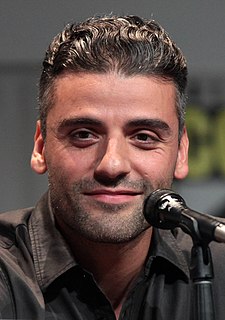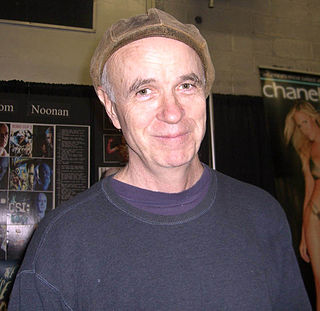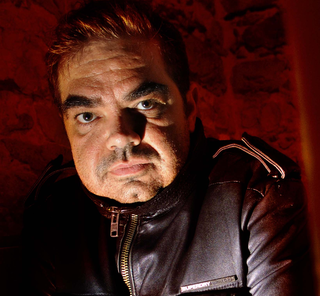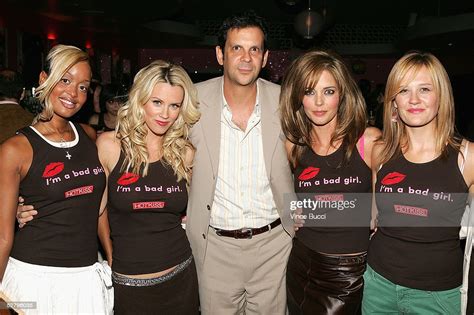A Quote by Oscar Isaac
I think it's the director's prerogative, not the studio's, to go back and reinvent a movie.
Related Quotes
What's interesting as a director, and even studio executives don't understand this, is that if you're directing a $200 million movie with six million people, it's the same as directing a $25,000 movie with three people. The director's job is, "You stand there and do that," or "This is the shot I want." The logistics change, but the job remains the same. And I enjoy the job.
There is a variety of different kind of producers. I'm a very hands-on, creative producer. I find material that I think would make a good movie or TV show, find the right financier/studio/network, hire a writer, get a good script, find a director, and collaborate with him/her to cast the movie and hire department heads.
I suppose where I am sort of reflects the work I have chosen to do. Are there occasional frustrations because I can't work with a certain director because it's a big studio movie, and I don't have enough of a studio profile? The answer is yes. But generall... generally, I have the career I have chosen myself.
I think I'm an extremely conscientious producer and now equally as a director and it gives me the opportunity to look at the entire movie and really allow the movie to be the creative vision of the actors, the writer and myself, because I'm in charge of it from a producer and a director point of view.


































